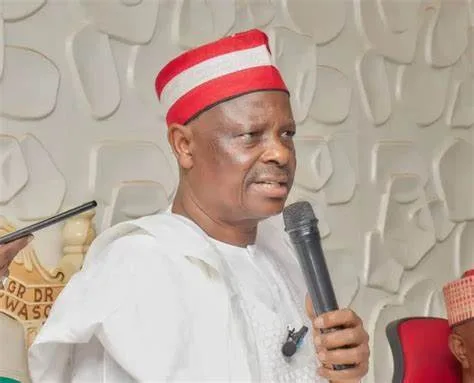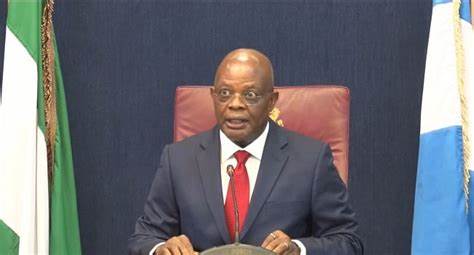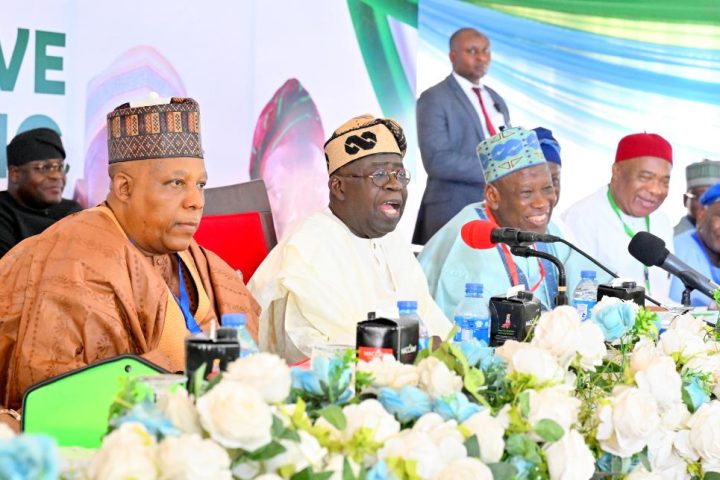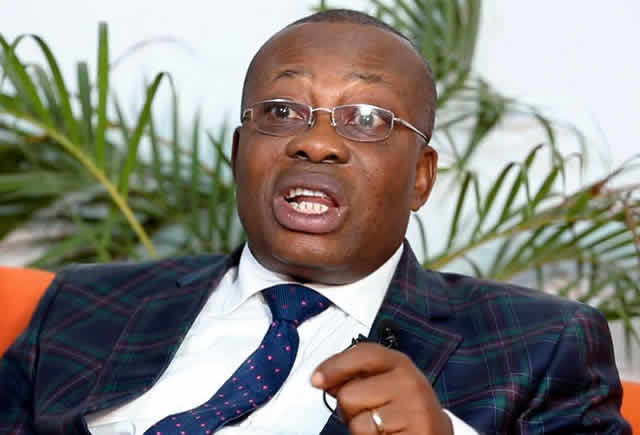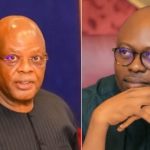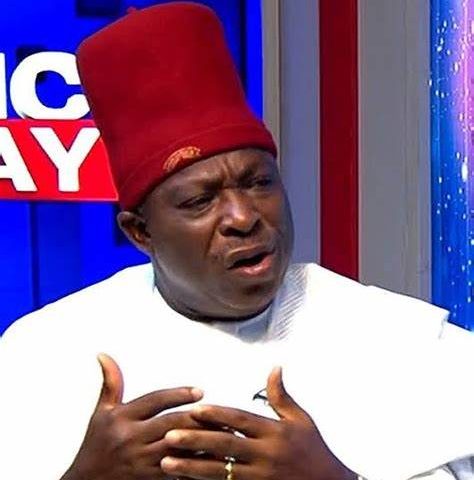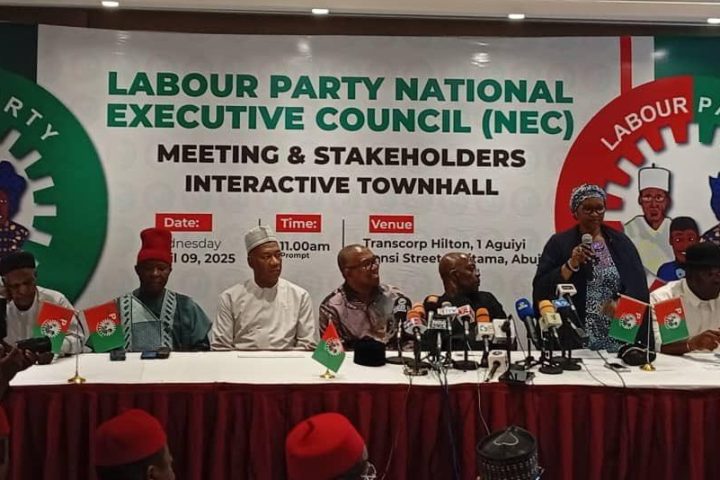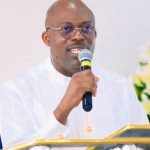Presidential candidate of New Nigeria Peoples Party (NNPP) in the 2023 general election, Rabiu Kwankwaso, has joined other voices in condemning the emergency rule declaration made by President Bola Tinubu for Rivers State.
Kwankwaso, a former governor of Kano State, said Tinubu’s declaration and suspension of Governor Siminalayi Fubara, his deputy, and members of the Rivers State House of Assembly is “not only unconstitutional but also a recipe for anarchy and disregard for the highest public office in the state.”
Join our WhatsApp Channel“I am perturbed by the unilateral decision of President Bola Tinubu to suspend Governor Similayi Fubara of Rivers State, his Deputy and all elected state legislators from office,” Kwankwaso said in a statement he personally signed and released on Friday.
He also berated lawmakers at the National Assembly for approving Tinubu’s proclamation, even with voice voting, noting that it is a disturbing trend given the implication of such action on the country’s democracy.
READ ALSO: I’ve Come To Serve, Restore Peace, Order – Rivers Sole Administrator
He said the legislature has the responsibility to hold the executive responsible and expressed worry that the 10th Assembly is, however, becoming “more rubberstamp than any of its predecessors.”
“The decision by the legislators to speedily discuss and decide on a state of emergency that alters the democratic leadership structure in Rivers State undermines our democracy,” he stated.
Kwankwaso reflected on the past political crises, particularly the events that led to the annulment of the 1993 presidential election, and how parliamentarians focused on leadership tussle instead of holding onto their primary legislative work. “Our failure to hold our responsibility distracted us from the happening that brewed on the Executive side, and which led to the sad events that still define our political history.”
READ ALSO: Obi Blasts National Assembly Members For Approving Emergency Rule In Rivers With Voice Votes
He asserted that such a scenario seems to be playing out this time with the activities of the lawmakers at the 10th National Assembly.
According to him, “The legislature has the responsibility to hold the Executive accountable, not to simply endorse its decisions. It is, therefore, appalling to see this 10th Assembly act more like a rubber stamp than any of its predecessors.
“More disturbing is the unilateral decision by both chambers of the National Assembly to ratify the president’s proclamation. I had hoped that the legislators would not add salt to injury by passing this illegality.”
He said the Constitution is clear on the method of voting on issues of such importance, and that the decision to use the voice vote in deciding this “is not consistent with the proper procedures and transparency.
“The decision by the legislators to speedily discuss and decide on a state of emergency that alters the democratic leadership structure in Rivers State undermines our democracy.”
The former Kano State governor warned that President Tinubu’s decision to deploy the military in handling governance, leading to the removal of elected officials in Rivers State and appointment of a sole administrator is “dangerous” to the progress the country has made in its 26 years of democratic journey.
He expressed concern that the president’s proclamation and a subsequent comment by the Attorney General of the Federation “have now sent numerous people in states led by the opposition into disarray, as they set a dangerous precedence for how the Head of State can grip on states that do not share the same political standing with the centre.”
He insisted that the political situation in Rivers does not justify such action, adding that section 305(1) of the 1999 constitution which the president relied on was wrongly interpreted. “The action constitutes an unconstitutional overdrive, and it could foster a culture of impunity if unchecked,” Kwankwaso further stated.
Victor Ezeja is a passionate journalist with seven years of experience writing on economy, politics and energy. He holds a Master's degree in Mass Communication.

